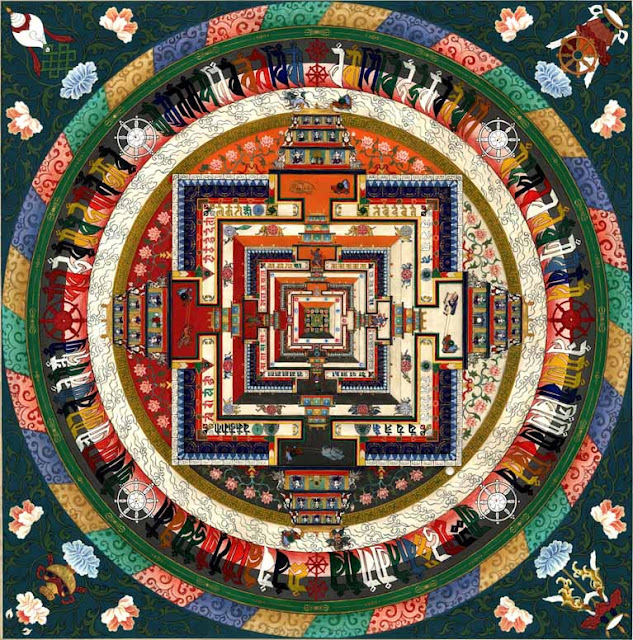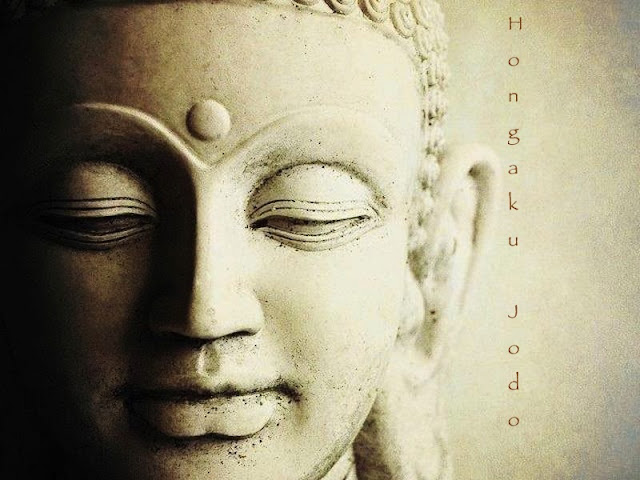Faith In the Way

We are empirical and finite beings, we are confined to a bubble of sense perceptions and our existence is limited to time and space. Pursuit of truth starts with our encounter with a sense of the transcendent and the infinite, in meanings that are unique to each individual and experience. In Buddhism, the transcendent is seen in the light of personal and impersonal aspects, namely, Buddha, Dharma and the Sangha. The transcendent Buddha and Dharma constitute the content of enl ightenment (satori), the goal for all Buddhists. The Sangha provides us with a community of support and guidance. The enlightenment-truth is not a static principle but a dynamic force that unfolds spontaneously on both the plane of transcendent reality and that of empirical fact. Hongaku sees the infinite (amita or amata, deathlessness) as being represented by Amida (Amitabha), the Buddha of Infinite Light and Life. With transcendent wisdom, the experience of reality as it is, and all-emb...






